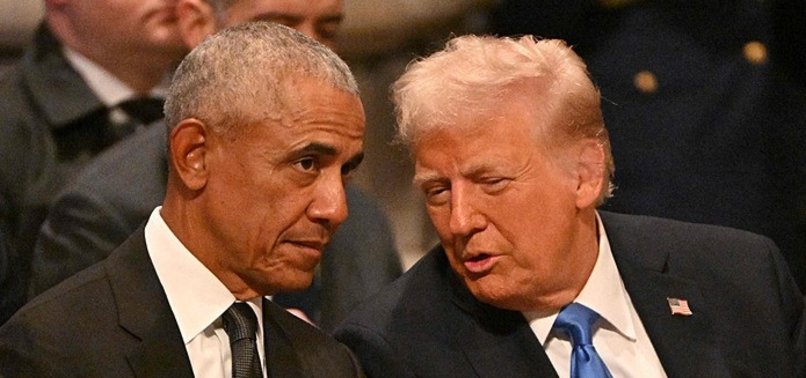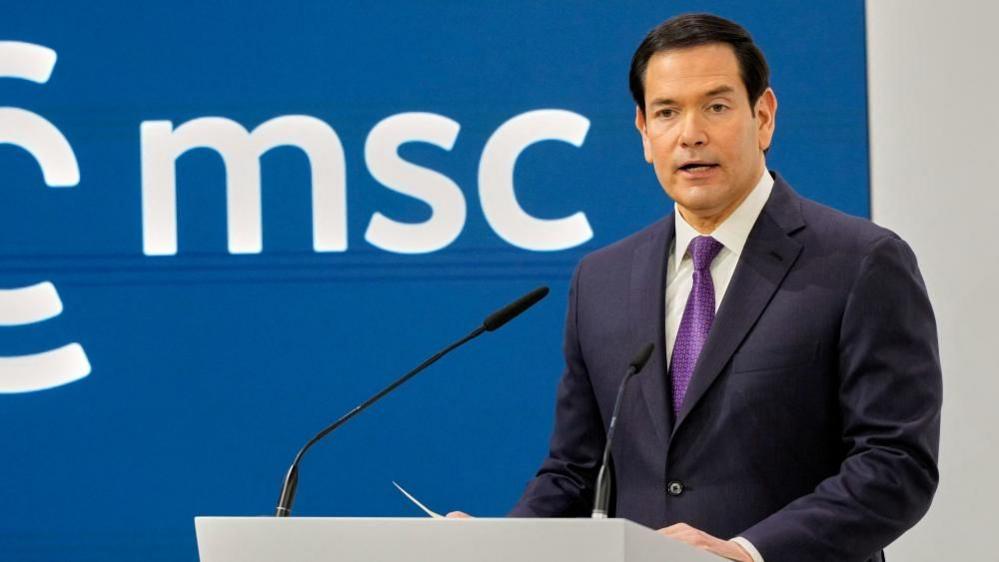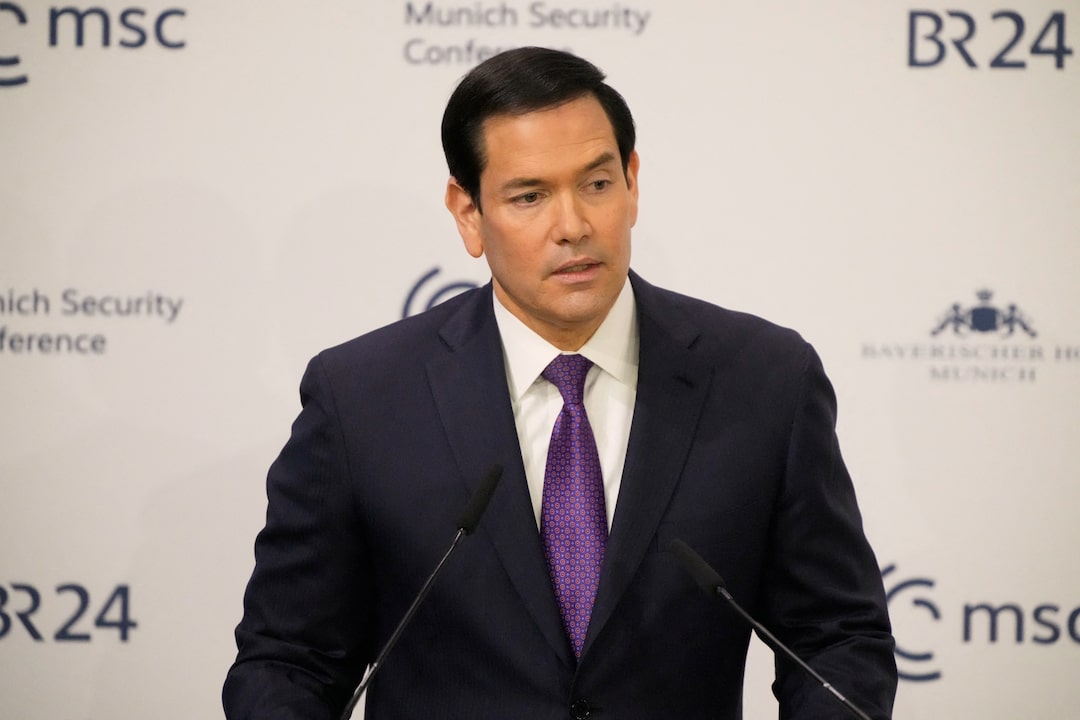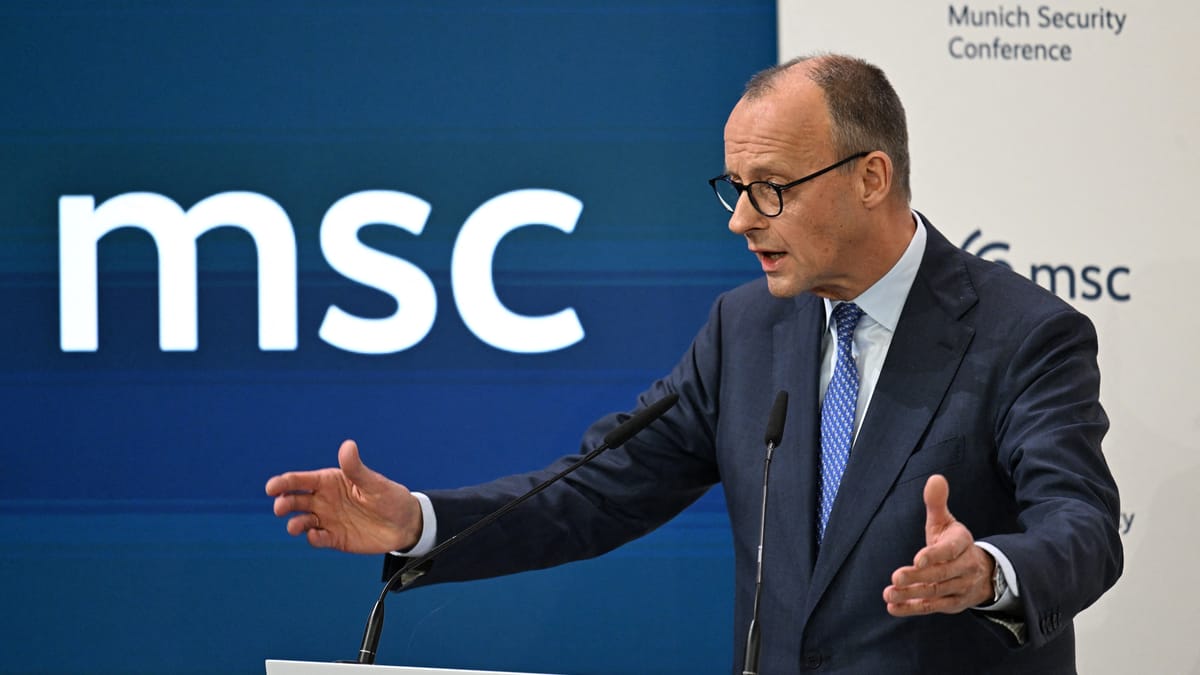Home Office analyst warns the UK’s plan to limit foreign workers and students could cost up to $5.7 billion, testing Prime Minister Keir Starmer’s strategy.
United Kingdom’s new immigration crackdown could cost the economy as much as £4.4 billion ($5.7 billion), according to an internal Home Office report, raising doubts about Prime Minister Keir Starmer’s pledge to reduce migration without hurting growth.
The internal analysis, released alongside Starmer’s sweeping immigration reforms, warns that major cuts to the number of foreign workers and international students may have unintended economic consequences. It estimates that the UK could lose up to £1.2 billion ($1.5 billion), over five years under moderate conditions, with worst-case losses hitting £4.4 billion ($5.7 billion). Even under the most optimistic forecast, the net benefit would be just £800 million ($1 billion).
A large share of the projected shortfall comes from reduced tuition revenue, fewer income-tax contributions from international graduates who leave the country, and lower visa-fee collections. The Home Office assessment underscores the tension between political promises to control borders and the economic reality of labor and education dependence on migration.
Under the proposed changes, the period international graduates can remain in the UK after completing their studies would be cut from two years to 18 months. The government also plans to tighten English-language standards for skilled-worker visas and raise the immigration skills charge for sponsoring companies by 33%.
Read Also: Kemi Badenoch Mocked In UK Parliament Over ‘Britain’ Blunder
Starmer has defended the reforms as a step toward a “fair and sustainable” migration system. However, critics say the policies risk undermining sectors that depend on global talent and foreign enrolment, particularly higher education.
Jamie Arrowsmith, director of Universities UK International, said the findings reveal “a tangible threat to growth and prosperity,” warning that tighter rules could discourage students who contribute billions to the economy each year. Former education secretary Alan Johnson called the move “a serious mistake” that could jeopardize university funding and local economies.
Migration experts have also urged caution. Sunder Katwala, director of the British Future think tank, noted that while migration creates pressure on housing and public services, it also sustains tax revenues, consumer demand, and university finances.
Net migration to the UK has already been declining, dropping to around 431,000 in 2024 from a record 860,000 in 2023. Much of that earlier surge was attributed to post-pandemic recovery and a sharp rise in study visas for lower-ranked universities.
Despite concerns, the government insists the reforms will “restore confidence” in Britain’s immigration system. But for many economists, the Home Office warning highlights the growing cost of balancing border control with the need to sustain economic growth.










